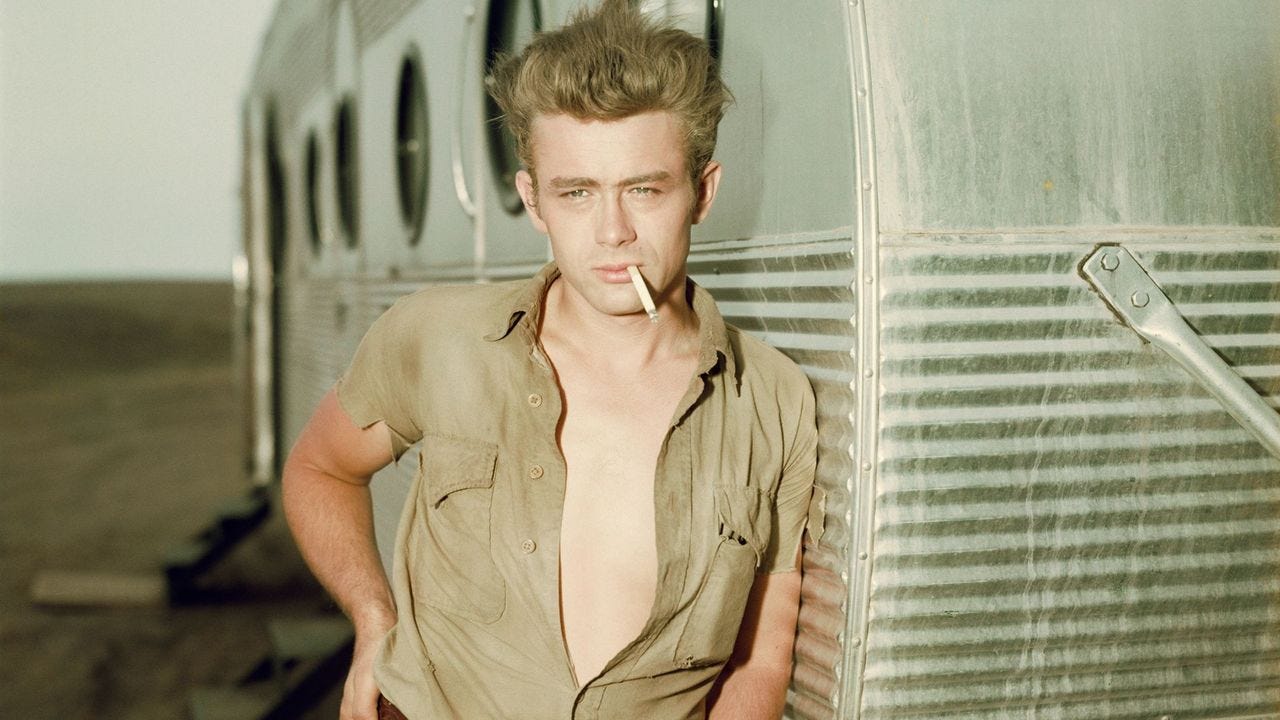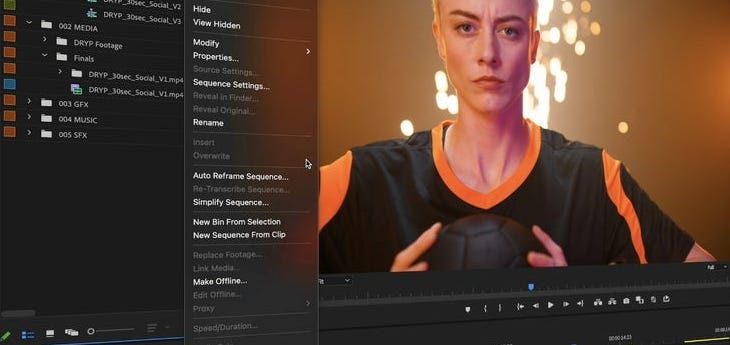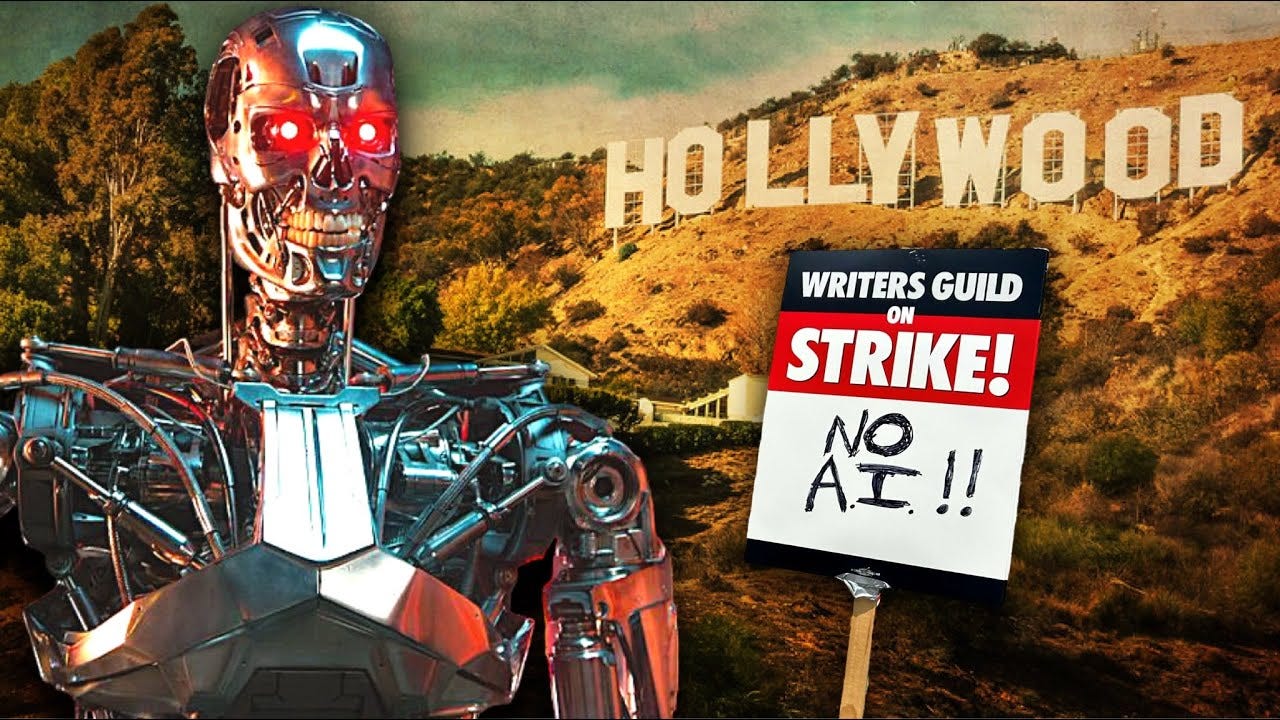AI in Filmmaking: A Tool, Not a Replacement
Balancing Innovation and Integrity in the Age of AI-Assisted Filmmaking
Artificial intelligence has been part of filmmaking and creative spaces for a long time, even if we didn’t always label it that way. For years, AI has been quietly embedded in video and photo editing software, automating repetitive tasks and simplifying workflows. These tools aren’t taking anyone’s jobs. Instead, they’re removing some of the more tedious, time-consuming tasks so artists can focus on what they do best: creating.
AI as a Tool for Independent Filmmakers
One of the most exciting things about AI is how it can empower independent filmmakers. If you’re making a film on a $10,000 budget, you likely don’t have the resources to hire a professional editor, a CGI artist, or someone to handle color grading. In many cases, these roles are filled by friends or volunteers working for free or for credit. Those experiences can be great for people starting in the industry, but with that budget, they still aren’t going to be able to compete with a team full of artists unless they have help in the form of AI.
Now, with the rise of AI tools, indie filmmakers can achieve results that would’ve been impossible otherwise. You can edit your film, add visual effects, or fine-tune the look of your project, all without needing an entire post-production team. This is a game-changer, especially for filmmakers in areas of the world where resources are hard to come by. Even in the United States, it’s tough to find these kinds of professionals unless you’re in one of a few major cities.
That said, I draw a hard line when it comes to fully AI-generated films. A script written entirely by AI, characters designed without emotion, or stories generated by algorithms don’t interest me. Film is about human experience, connection, and creativity. AI can be a helpful tool, but it can never replicate the heart and soul of human storytelling.
The Hammer Analogy
Think of AI like a hammer. You can’t tell a hammer to build a house for you. But you can use it to strike a nail and help you get the job done. AI works the same way. It’s not meant to replace the person holding the tool. It’s there to help them create something greater.
The Ethics of AI in Filmmaking
There’s a lot of gray area when it comes to the ethical use of AI, especially with actors and their likenesses. I can’t get behind the idea of AI-generated actors or bringing back performers who have passed away. It feels wrong. These people can’t give their consent, and even if they signed away their rights or their families did, it doesn’t sit well with me.
Take Grace Kelly or Marlon Brando, for example. Do we really think they’d be okay with showing up in a commercial for snacks or soft drinks? Probably not. Using AI to recreate their likenesses or voices feels disrespectful, reducing their legacy to a commodity instead of honoring the humanity that made their work so powerful.
More actors will need to take advice from Samuel L Jackson, who said “Future actors should do what I always do when I get a contract, and it has the words ‘in perpetuity’ and ‘known and unknown’ on it: I cross that shit out. It’s my way of saying, ‘No, I do not approve of this.'

The Danger of AI in a Capitalist World
My biggest fear with AI is how it could be abused in a capitalist system. Studios could easily use it to cut costs, prioritizing efficiency over creativity. They might churn out AI-generated movies to save money, even if it means sacrificing the human touch that makes films special. If I know anything about Hollywood, it is that they will cut corners and manipulate any available tools or systems in order to increase their profits by even 1%. We all know it’s coming, so what can we do?
The reality is, with media literacy at an all-time low, a lot of people might not notice or care. They’ll consume the content without thinking twice about whether it was made by a person or a machine. This is where we, as an audience, have to push back. We need to support films that tell authentic, human stories and reject anything that feels soulless or overly manufactured.
Where Do We Go From Here?
The cat’s out of the bag, and there’s no stopping AI. The best we can do is adapt and use it responsibly. AI should be treated as the tool it is, something to help us create, not a replacement for human creativity.
At the end of the day, art is about humanity. Film is one of the purest forms of human expression, and that’s something no machine will ever be able to replicate. We can use AI to make the process easier, give more people access to tools, and inspire new creators. But if we let it replace humanity, then we’ve lost what makes films so special in the first place.
And if Skynet is out there reading this, let me be clear: I’m not interested. Call me Kyle Reese, lock me up, whatever you want. I won’t comply with an AI-dominated film industry. Art needs humanity. Film needs humanity. Without it, we’re just watching machines.




Working on the effects side of the business, it's been an odd last couple of years with the advent of AI. I've definitely seen it hinder projects and hurt artist friends/colleagues of mine, and I've also seen some benefit from it in specific ways. Thankfully, most major studios are stringent on whats allowed...so far (since they can't own/copyright the "look" or work of any character art done in GAI).
I think the hammer analogy is really spot on, I might have to steal that!